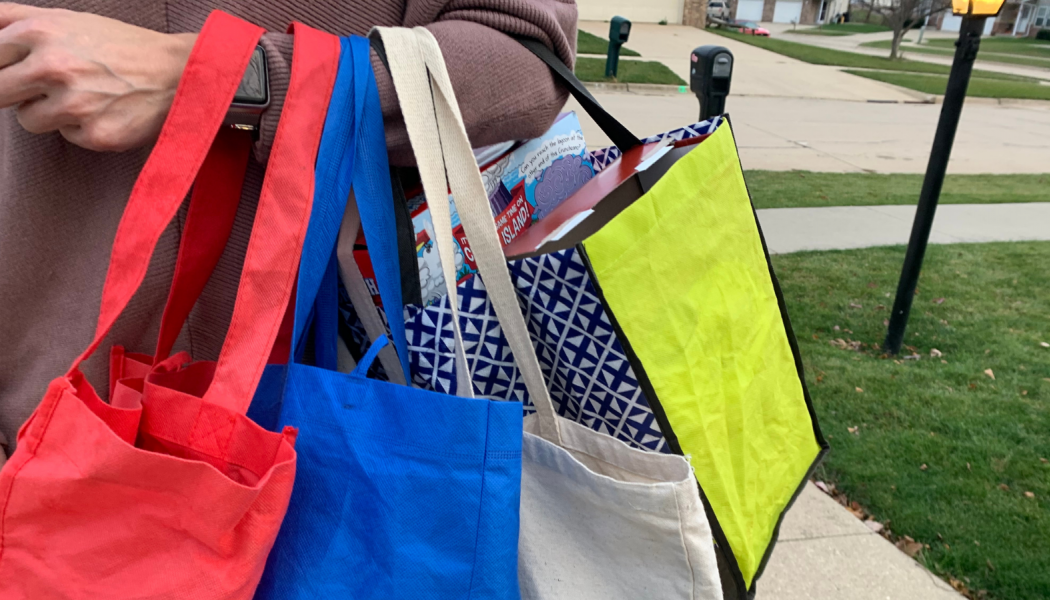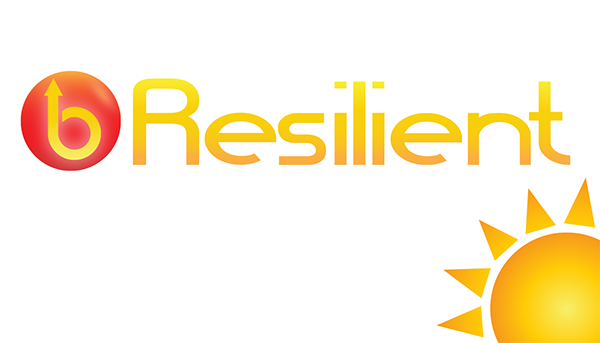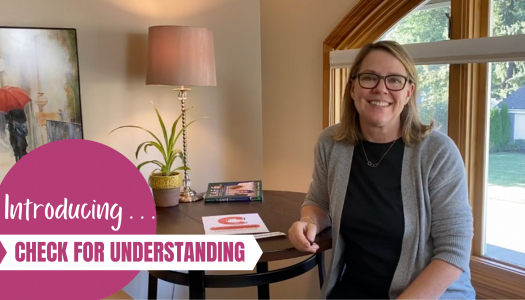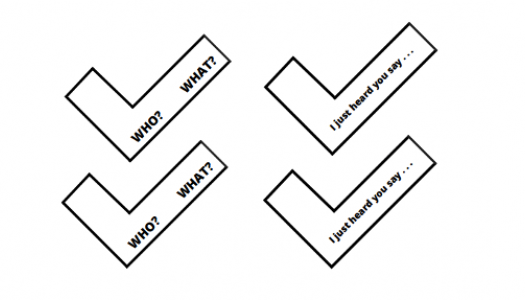
Allison Behne
What is it about carrying groceries into the house that makes a person determined to take them all in one trip? I often laugh at myself because I pile my arms full of bags—sometimes to the point that I have so many, and they’re so heavy, they cause discomfort—just so I don’t have to make a second trip. Why? Why not just make two or even three trips?
I have no problem parking in the back of the lot and walking the distance to the store when I buy the groceries, but when I get home and am parked inside my garage, for some reason I have it in my mind that I can’t make a second trip. So instead, I overload. I deal with the awkwardness and pile it all on, but the outcome is really no different. I might think I’m going to save time loading my arms full so I can make only one trip inside the house, but the time it takes to situate everything so I can carry it all, plus the extra time to try to shut the car doors or open the house door eats up any time I might have saved. There really is no benefit. Yet I do it again and again.
How often do we do things that cause us more work or take more time, only to get the same outcome? In our personal life it might be when we pick up the toy room while the kids are still playing, go to the grocery store without a list, or rake the leaves on a windy day. At the time, we don’t think we are wasting our energy—we believe our efforts are of value.
This happens in our professional lives as well. For example, knowing we have to teach literary elements, we might spend hours searching the internet for a “just-right” lesson that really is no better than what we would have created on our own. Or we pay money for beautiful worksheets when our students would benefit more from authentic application and sharing. Maybe we overload our lesson to “get it all in” only to have to reteach concepts one at a time because it was too much, too soon.
We mean well, and we do what we think is best at the time. What is important is that we reflect on our decisions and are always learning. No effort is wasted when reflection, learning, and change follow. It’s okay to say we will try better next time. So this next week, let’s reflect on why we spend our time and efforts where we do, as well as on the outcomes. More than that, let’s commit to making a change when it could be valuable.
I will start by making as many trips as necessary when bringing my groceries into the house.
News From The Daily CAFE
Introducing . . . Check for Understanding
Check for Understanding Checkmark








